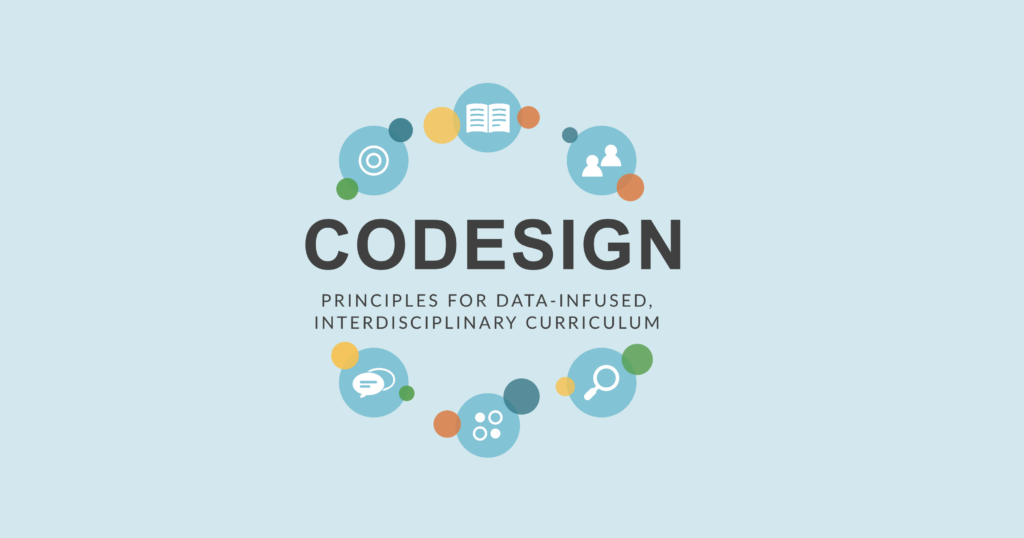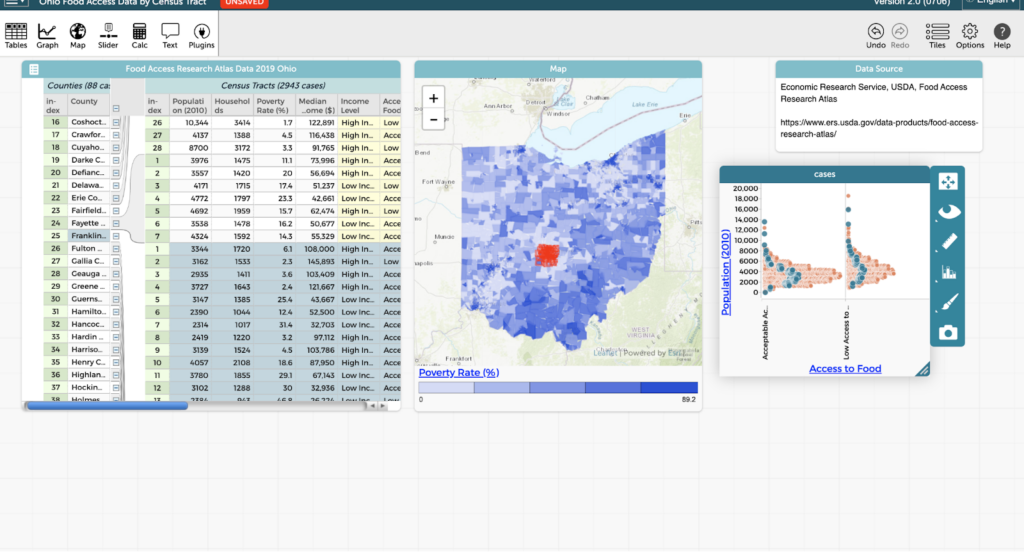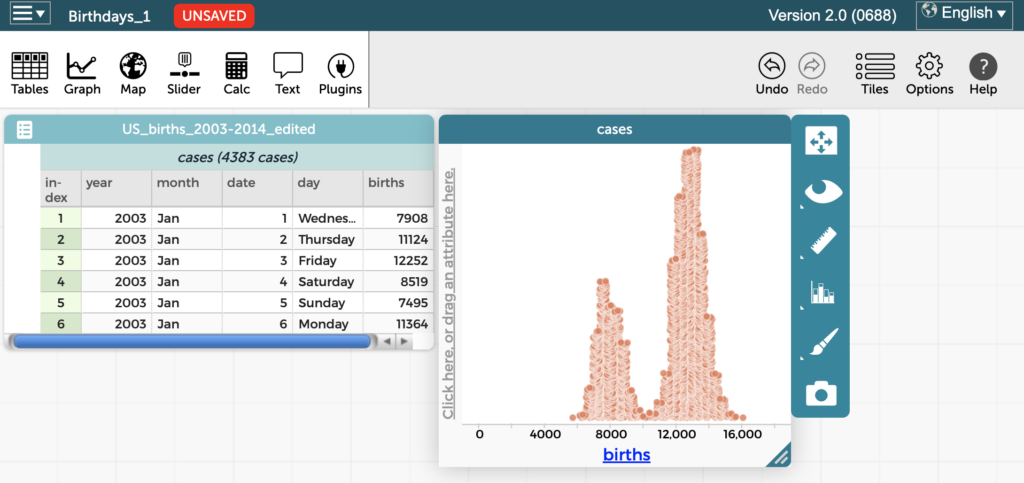Category: Author: Cynthia McIntyre
This week, a major snowstorm stretching from Texas to Maine is forecasted to affect millions of people. Many people throughout the U.S. now face the same questions. Do I have time to run to the store for more groceries before the heaviest snow is going to fall? Is school going to be delayed or canceled? […]
Joe Polman is the Associate Dean for Research and a Professor at the University of Colorado Boulder. Kate Miller is a Research Associate. Cynthia McIntyre is the Director of Communications. Over the course of two years, our National Science Foundation-funded Contextualizing Data Education via Project-Based Learning (DataPBL) project co-designed addenda to four middle school English […]
Trang Tran is a Research Assistant Professor at the University of Alaska Anchorage. Joe Polman is the Associate Dean for Research and a Professor at the University of Colorado Boulder. Kate Miller is a Research Associate. Cynthia McIntyre is the Director of Communications. A new National Science Foundation-funded study investigated how interdisciplinary, project-based learning can […]
We are delighted to announce two Tinker Fellows in 2025. The theme for this year’s Robert F. Tinker Fellows Program, which aims to promote innovation, creativity, and cross-disciplinary conversations, focuses on innovations in artificial intelligence, data science education, and STEM models and simulations. Devan Walton plans to develop a prototype interface that reimagines how students […]
A number of innovative projects at the Concord Consortium are helping students develop AI literacy, converse and collaborate with AI, and use AI as a learning and communications tool. We’re helping students develop AI literacy and interest in AI-related careers. We’re partnering with the University of Florida, Texas Tech University, WestEd, and Florida Virtual School […]
In 2024, we published nine journal articles and four book chapters. Through these publications and our @Concord newsletter, our goal is to share relevant knowledge between the education researcher and practitioner communities. Read all Concord Consortium articles and book chapters. Using Multiple, Dynamically Linked Representations to Develop Representational Competency and Conceptual Understanding of the Earthquake […]
At the Concord Consortium, 12 of our research scientists are Principal Investigators or Co-Principal Investigators* on our dozens of National Science Foundation-funded projects. We polled our Principal investigators and their project managers to find out what it’s like to run a successful research and development project. Below are their top ten tips. 1. Like most […]
We are delighted to announce that Bridget Druken has been awarded our Robert F. Tinker Fellowship for 2024. Describing her background, Druken begins, “I loved all my classes and subjects in high school.” She then adds, “but really admired my math teachers.” She smiles as she runs down their list of names. She credits one […]
If one of your New Year’s resolutions is to add more data exploration to your lessons this year, we have a week’s worth of activities to get you started. Because data is interdisciplinary, you can find a home for it in any scientific discipline from astronomy to zoology, and across the halls in humanities, social […]
2024 marks our 30th anniversary. Our origins reach back to a simple beginning, on a single-board computer with a mere one kilobyte of memory. But it’s not about the computer itself—it’s never just the technology. It’s what the computer made possible that matters. When Bob Tinker connected a KIM-1 computer to an expansion board he’d […]






